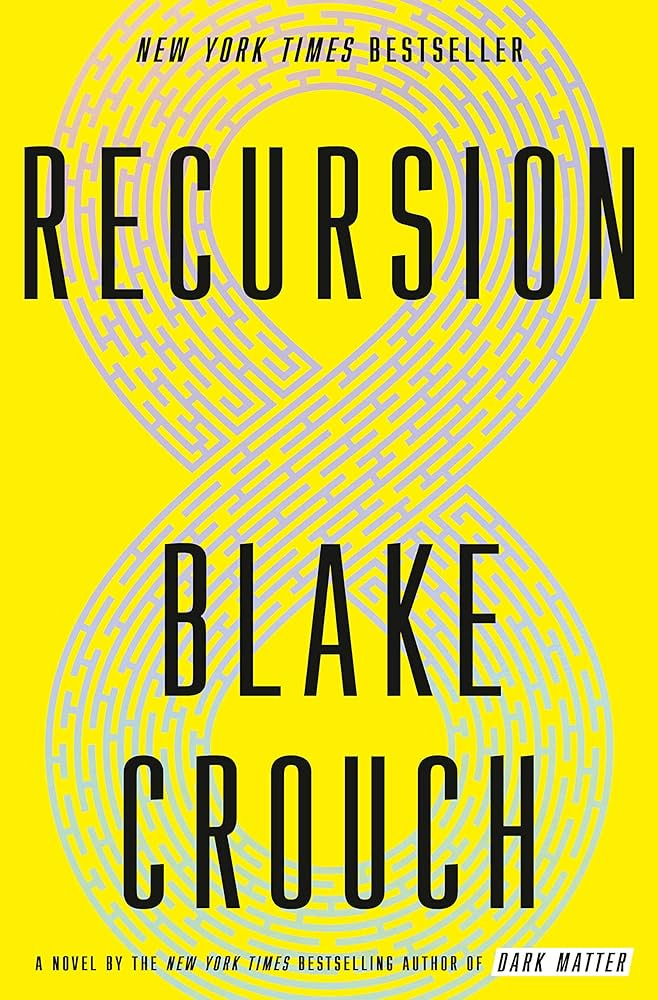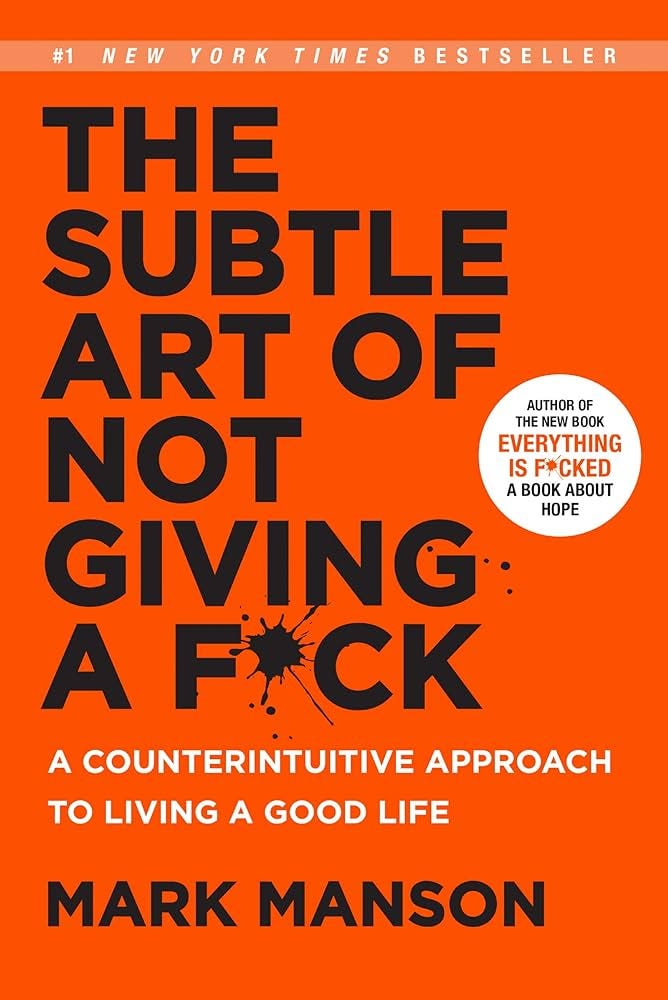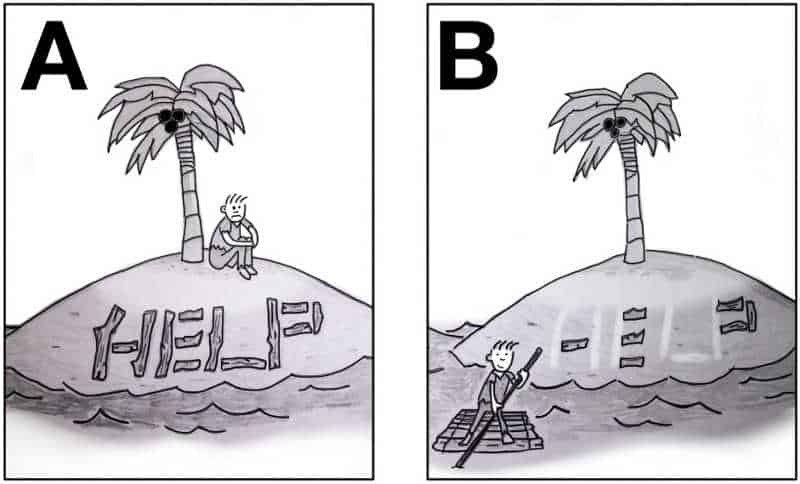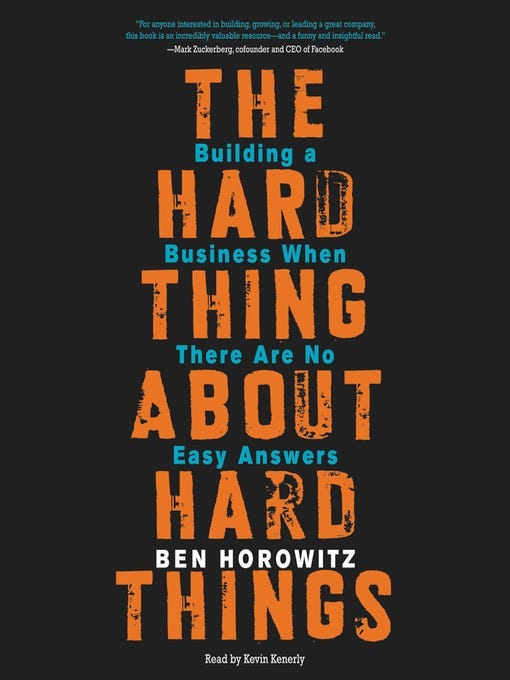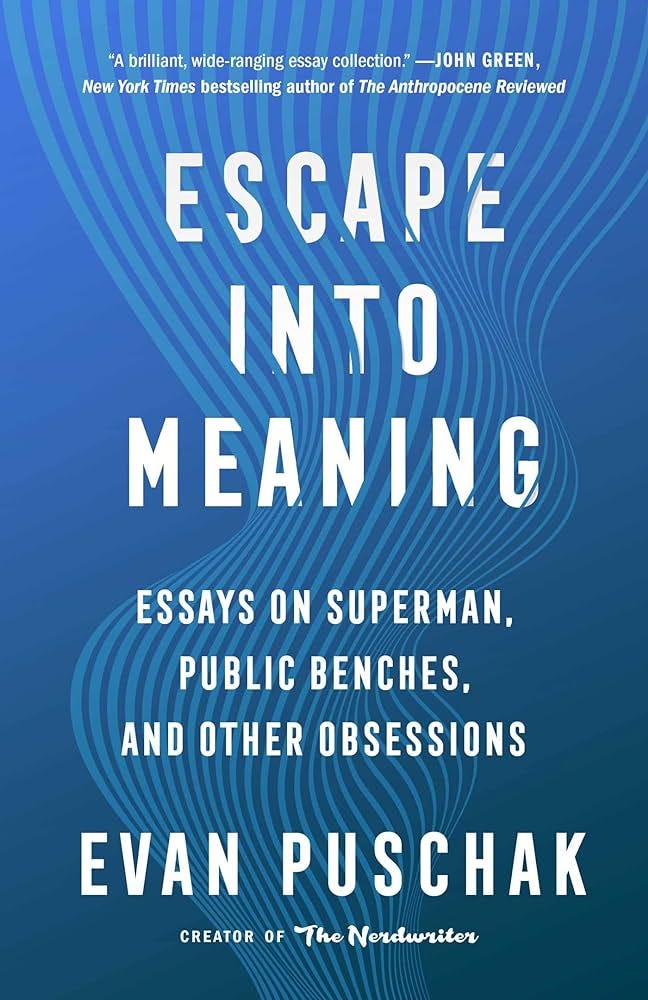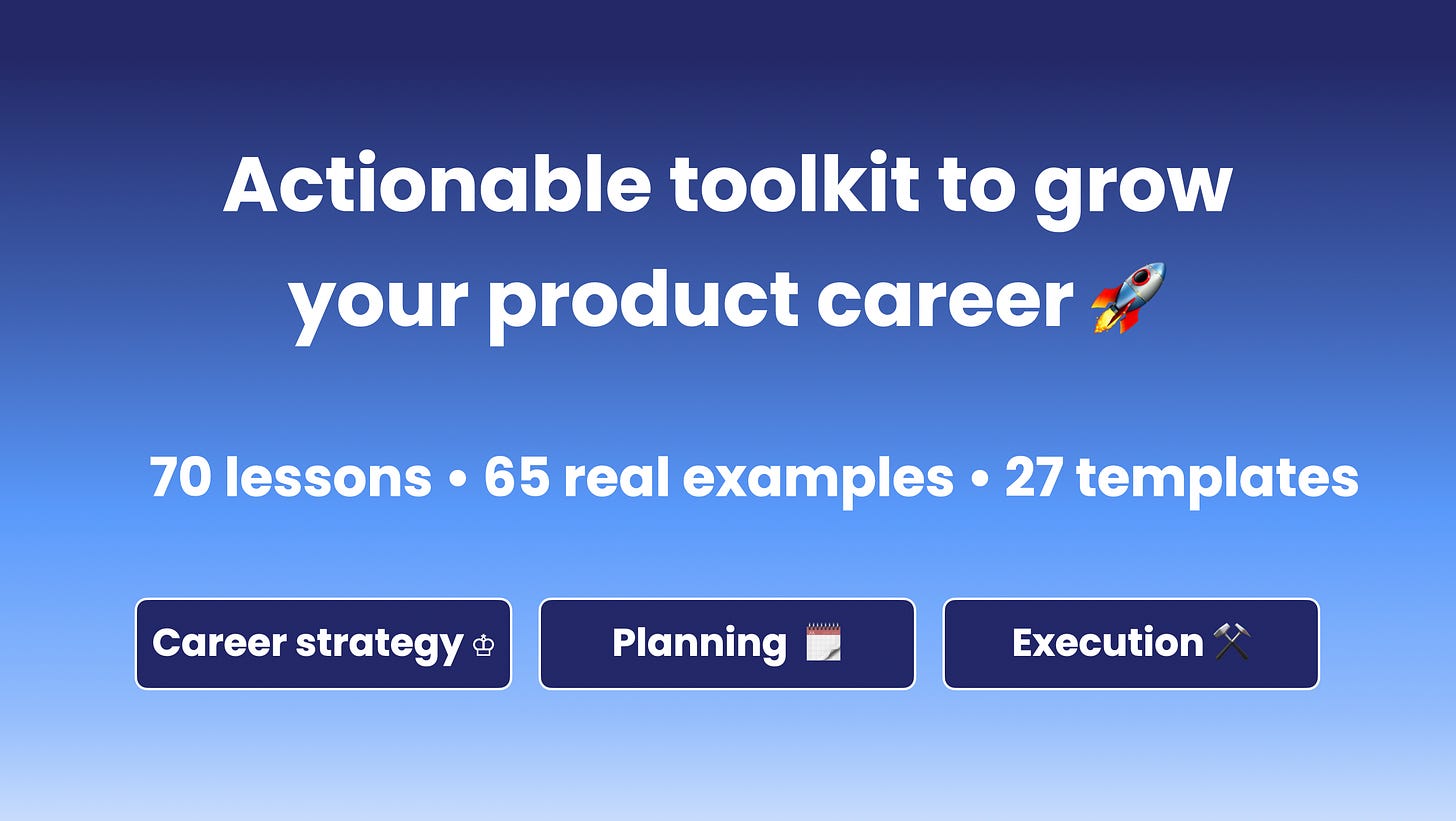I have a confession to make: this year, I fell off my triple-digit reading streak. I spent most of my time coding with ChatGPT, but the silver lining is that I raised my bar for quality. Only the true page-turners kept me glued ‘til the end.
As trendy as it is to get AI to “speed-read” PDFs and churn out TLDR summaries, I’m convinced the value of reading long-form has never been more clear.
To create uniquely great things, we need to consume great things. A diet of AI summaries gets us to a basic understanding of things. But the real fun and magic is in moving beyond what everyone else is doing.
Here are the books that are worth every page. But first, a quick shoutout.
If you’re tired of manual analysis and setting up endless dashboards, you’re in luck. Amplitude just launched an affordable plan built for startups that delivers customer insights and quantifies the impact of every release. Acquire, retain, and monetize better with Amplitude.
Recursion
Recursion is a masterclass in what makes content gripping: never stop surprising the audience.
From the opening page, this novel plays like a movie in your mind. It starts with a strange epidemic of people having false memories from a different life. We learn of a quest to invent a way to reactivate old memories for Alzheimer’s patients. But what starts off as a noble pursuit leads to a powerful technology that can rewrite all of reality as we know it. As more twists unfold, we even get an unexpected love story for the ages.
I’ve never seen sci-fi, action, thriller and romance interwoven so well into one story. It was such a joyride I immediately binged the author’s entire body of work. This is still the crown jewel.
The Subtle Art of Not Giving a F*ck
You’ve probably seen the cover in airport book stores. I usually write these books off as 99% hype, 1% substance, but this one is a rare exception.
Not only did this book pull me out of a depressive funk, but it served so many hard-hitting truths that I reference at least one idea from it every day.
Here are a few gems:
A great fallacy is thinking that happiness is a solvable equation. If only we achieve X, or look like Y, or be with a person like Z, then all our problems will go away. We will finally be happy. Except that has never been true. When one problem disappears, we find a new one to fixate on. Instead of hoping for a life without problems, it’s better to appreciate a life full of good problems — ones we have a hand in choosing and enjoy solving.
Our social feeds are flooded with extremes from the bell curve — the exceptionally rich, the exceptionally lucky, the exceptionally brave, the exceptionally absurd. Over time, this conditions us to believe that exceptional events are the norm, which makes our real lives seem lame and sad. I’m convinced this distortion of reality is behind a lot of modern-day anxiety, insecurity, depression.
“Fault” is about the past, “responsibility” is about the present. Even if it’s not our fault that something happened, it’s our responsibility to respond and move forward. The more responsibility we assume, the more power we have in our own lives. Be like B:
The Hard Thing About Hard Things
The most surprising thing about Ben Horowitz is how well we knows hiphop. Who else drops rap lines before every chapter in a business book? The other surprising thing is he doesn’t hold back.
Not only is his career wildly entertaining — survived dotcom crash, sold to HP for close to $2B, founding father of Andreesen Horowitz — but he tells it all unfiltered, with memorable bangers like:
“When a company starts to lose its major battles, the truth often becomes the first casualty.”
One of the advantages a startup has over an established company is an uncorrupted desire to see the truth. The faster you see the truth, the sooner you can adapt and survive. People at big companies have other desires, like the need to look smart and get promoted.
“Being a good company doesn’t matter when things go well, but it can be the difference between life and death when things go wrong.”
It’s also hard to know if a company has good people with high integrity when business is booming. Growth hides ugly problems. You can poke around and ask good questions, but weathering downturns together will tell you far more.
“In any human interaction, the required amount of communication is inversely proportional to the level of trust.”
Formalities, niceties, etiquette are signs that people don’t fully trust each other. The more we need to dress up our words, the longer it takes to get things done, which is yet another opportunity for smaller teams to get ahead.
“Embrace your weirdness, your background, your instinct.”
We spend the first 20 years of our lives trying to fit in, and the remainder trying to stand out. These two games are fundamentally different. The second one is the real game.
Escape into Meaning
If you’ve seen Nerdwriter on YouTube, you’ll know why this book is a hidden gem. He’s one of the few channels that resists the temptation of clickbait thumbnails. His book is a collection of essays, so you can pick and choose based on your mood.
My favorite passage:
When I’m consuming the internet, it feels like the agency dial has been turned to zero. Culture isn’t just in my mind; it’s steering my thinking. I’m no longer the one putting the symbols together. Twitter’s algorithm is doing it for me, or Facebook’s, or Google’s. And as I spend more time online, I’m getting better at ascertaining the internet’s opinions, instead of developing my own…
Ingesting information is only half of learning. The other half, the more important half, is responding to that information, thinking critically about it.
By greedily claiming every appointment on your mind’s timeline, the internet erases these vital hours from your life.
Even a year ago, we had to hunt and gather for answers online. Now, ChatGPT and its siblings are one keystroke away, which is wonderful when looking for a quick fix, but dangerous when used to replace deep thinking.
The dark side of easy “received wisdom” is that we don’t develop a strong enough idea filter of our own. The default setting is to inherit all our ideas from other people. That’s now easier than ever.
One antidote is to carve out time for deliberate creation. This is a large part of the appeal of writing for me. When I write, I have to think harder about the opinions I take for granted, and the opinions I’ve consumed. It forces me to explain things and rebuild understanding, word for word.
Are we using technology? Or are we the ones being used? I think the answer lies in how much we create vs. consume.
Honorary mention
Tomorrow, and Tomorrow, and Tomorrow: this story follows the lives of three friends who start a video game company and become an overnight sensation. With that comes fame, betrayal, love, loss, and drama that feels so real you’ll be surprised it’s fiction. I became so invested in the characters I had to pull an all-nighter to finish the story. Unique, intricate, and very worth the read. I was bawling by the end.
Thank YOU for reading to the end, and giving me another reason to write! Happy holidays! 🎄
This newsletter grows because of you! 🤗 Share with a friend, or if you’re new, subscribe below:
Finally, here’s my toolkit to grow your product career. Get the shortcuts that took me years to figure out.
As always, thank you for reading!


